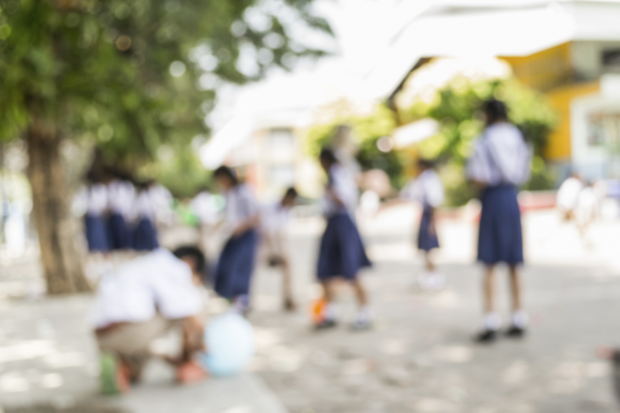
Today’s Education in the Media blog looks at Ofsted’s annual report, and an Education Policy Institute report on global education rankings.
OFSTED
Today, Wednesday 13 December, Ofsted published its annual report. The report covers early years, schools, further education and skills and social care. In particular, the report focused on schools which are not improving, and the current state of the curriculum.
There has been widespread coverage of the report today, including on The Today Programme, BBC Breakfast, Sky News, ITV’s Good Morning Britain, and BBC Online.
The department is doing large amounts to raise the educational attainment of pupils throughout the country. Latest Ofsted figures show 87% of children are in good or outstanding schools compared to 66% in 2010, and our National Funding Formula will mean that all schools will see a funding increase next year, with each school getting £3,500 per primary school pupil and £4,800 per secondary school pupil as a minimum.
The department has also committed £280 million to a Strategic School Improvement Fund, which is designed to create a self-improving school system by sharing best practice between academies and maintained schools, targeting the areas that need it most. On top of this, a £75 million Teaching and Leadership Innovation Fund is investing in projects to improve the continuing professional development offer for teachers and leaders in disadvantaged areas, as well as a £42 million Teacher Development Premium Pilot which was announced in the Budget.
And before children begin school, our new Opportunities Area programme will invest £72 million in 12 specific areas where social mobility needs raising, to help improve the life chance of disadvantaged children.
School Standards Minister Nick Gibb said:
As the Chief Inspector says, the quality of education and care for young people is better than ever, as evidenced by the nine out of 10 schools now rated good or outstanding and 1.9 million more children being taught in these schools than in 2010. Standards are rising in both primary and secondary schools.
The report recognises the widespread good practice and continual improvement across the system but we know there is more to do to tackle consistent underperformance. We are targeting the areas that need the most support through our Opportunity Areas and by investing £280 million over the next two years to target resources at the schools most in need to improve school performance and deliver more good school places. Having excellent teachers in our most challenging schools is also key to school improvement, which is why we’re investing £75million in teachers’ professional development and announced a further £42 million for training in the Budget.
We will continue to raise standards through our rigorous new curriculum so every young person has the opportunity to gain the knowledge and skills they need to get on in life, and ensure Britain is fit for the future.
EPI REPORT
Today, Wednesday 13 December, the Education Policy Institute (EPI) has published a report on primary school education in England. It focuses on mathematics and science, and argues that while England compares reasonably well with other nations at primary, this hides a long tail of underperformance amongst low attaining pupils. The report has been covered in today’s The Times.
It is important to note that the report does not acknowledge a recent international report which has shown great improvement in primary education in England. The Progress in International Reading and Literacy Study (PIRLS) published last week showed that England has risen to joint eighth place in 2016 for literacy and reading skills, the highest standards for a generation. Such data shows that government reforms to primary education are working, and improving outcomes for children.
School Standards Minister Nick Gibb said:
There are now 1.9 million more children in good or outstanding schools than in 2010 and standards are rising in both primary and secondary schools. This year the number of pupils reaching the expected standard at the end of Key Stage 2 increased by 8 percentage points on 2016, and we have risen up the global rankings in the recent PIRLS study – evidence that primary school pupils have responded well to the new more rigorous curriculum introduced by this government. We are also investing £74 m in the Teaching for Mastery maths programme which is helping to increase the number of children mastering the basics of mathematics, including a focus on the areas that need support the most.
The attainment gap between disadvantaged children and their peers has narrowed by 9.3% at KS2 since 2011 but we know there is more to do to ensure every pupil can fulfil their potential, regardless of their background. That is why we are working to raise the attainment of disadvantaged pupils in schools through the £2.5 bn Pupil Premium funding and our £72 m Opportunity Areas programme.
Follow us on Twitter and don't forget to sign up for email alerts.